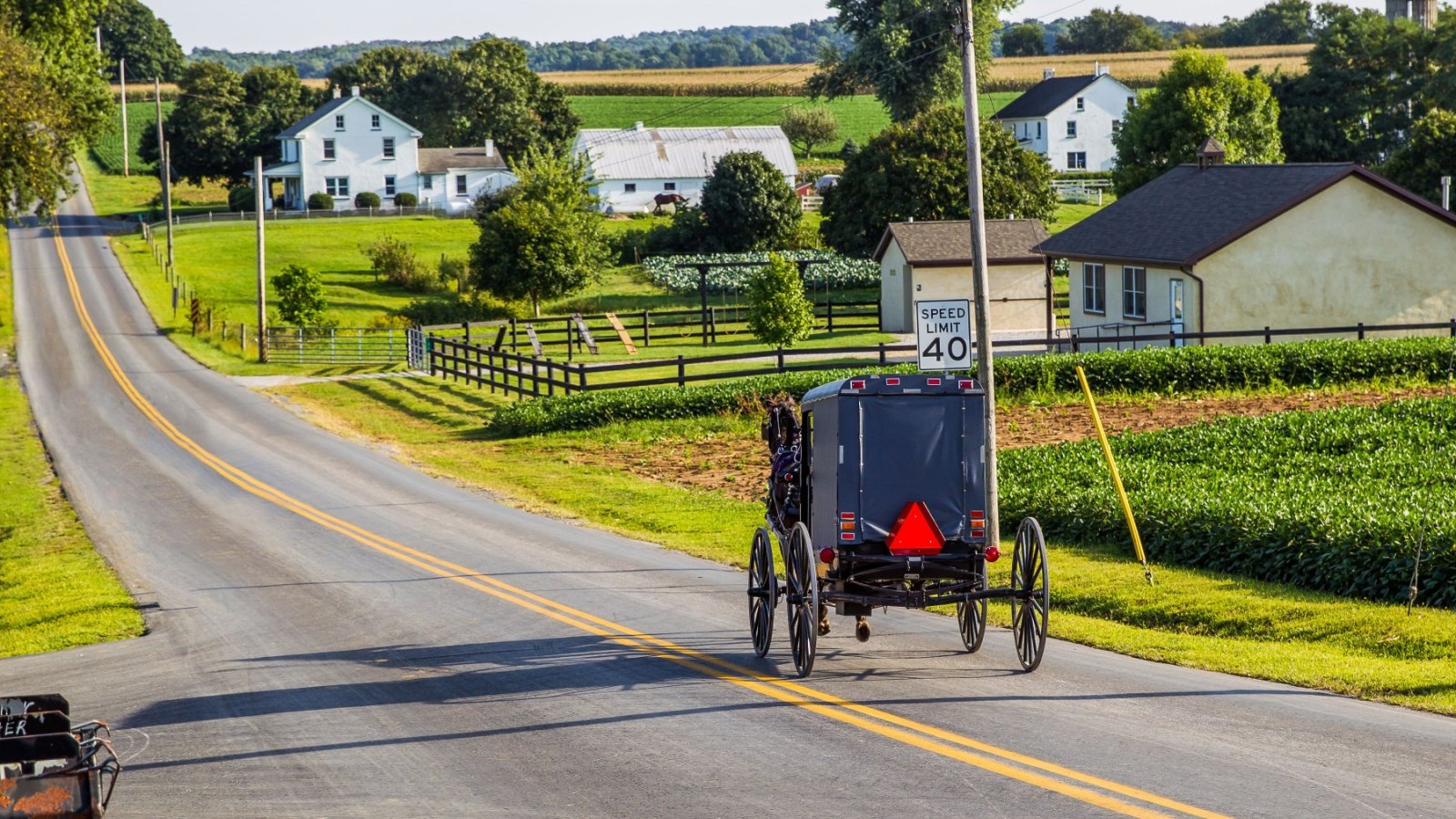Baby boomers navigated a world vastly different from the digital age that defines Generation Z. From the shadow of the Cold War to the dawn of personal computing, boomers experienced a series of historical events that are hard for today’s youth to fully grasp. Let’s shed light on the stark contrasts between the generations and how they have shaped society.
Draft and Vietnam War

During the Vietnam War, the draft forced many young Americans, often just out of high school, into military service. This period was marked by intense social and political upheaval, unlike anything experienced by Gen Z. The threat of being drafted and the reality of combat shaped a generation in ways that today’s volunteering military does not.
No Internet

Before the digital age, people had to rely on libraries, books, and physical records for information. The concept of instant access to global information via smartphones and computers was unimaginable. This limitation meant that learning and communication took more time and effort, a stark contrast to the immediate gratification Gen Z experiences.
Cold War Tensions

Living under the constant threat of nuclear war during the Cold War deeply affected the boomer generation. Bomb drills in schools and the pervasive fear of a nuclear apocalypse were routine. Gen Z faces different global challenges, but the constant threat of nuclear war is not among them.
Economic Recession without Safety Nets

The recessions of the early 1980s hit boomers hard, with double-digit unemployment rates, high inflation, and interest rates soaring over 20%. Unlike today, there were fewer governmental safety nets, and many had to navigate these economic hardships with minimal support. This period required resilience and resourcefulness, which is different from modern economic crises.
Civil Rights Movement

The Civil Rights Movement during the 1950s and 1960s witnessed significant legal and social reforms that challenged deep-seated racial inequalities. While Gen Z continues to engage in social justice, the intensity of the Civil Rights era was unique.
Analog Technology

Boomers grew up with rotary phones, typewriters, and television sets with just a handful of channels, which required more patience and a different type of engagement. The rapid technological advancements seen by Gen Z are far removed from the analog days.
Limited Gender Roles

In the boomer’s era, societal expectations often strictly defined gender roles, limiting professional opportunities for women and behavioral expectations for men. These norms have been challenged and redefined over the decades, offering Gen Z a more fluid understanding of gender and career.
Record Stores and Physical Music Collections

Browsing through vinyl albums and cassettes in a record store to buy their favorite music was a beloved pastime not too long ago. In contrast, Gen Z has streaming services that offer instant access to vast libraries of music without the need for physical storage.
Manual Labor and Industrial Jobs

Many boomers entered the workforce in an economy that offered abundant manual labor and industrial jobs, which required different skills than today’s job market. These jobs often provided a stable income and a lifetime career for many without the need for higher education. The shift to a service and knowledge-based economy has altered career paths dramatically for Gen Z.
No Social Media

Boomers communicated and socialized without the aid of social media platforms. They maintained relationships through face-to-face interactions, phone calls, and handwritten letters, which created different social dynamics compared to today’s online connectivity. The lack of digital footprints preserved personal privacy in ways that Gen Z might never fully experience.
Travel Without GPS

Navigating road trips and travel in general required maps, asking for directions, and sometimes just a good sense of direction. The ease of GPS navigation that Gen Z takes for granted was a futuristic concept for earlier generations, who often relied on more adventurous and less precise methods.
Smoking as a Social Norm

For boomers, smoking was not only widely accepted in both private and public spaces, but it was also promoted without restriction and was a part of daily life for many. Public health campaigns over the years have shifted perceptions dramatically, making smoking less prevalent and socially acceptable among Gen Z.
Fixed Line Telephones and Phone Booths

The only way to make a call for boomers was through fixed line telephones, often shared by the family, or by using public phone booths. The privacy and immediacy of personal mobile phones were unimaginable.
Television with Limited Channels

With only a handful of TV channels, and the concept of streaming platforms was non-existent back in the day. Television schedules dictated viewing habits, and missing an episode meant waiting for reruns or never seeing it at all. This created a communal viewing experience and anticipation around “TV night” that is largely absent today.
The Space Race

Witnessing the first moon landing live on television in 1969 was a defining moment for many boomers, representing a pinnacle of human achievement and technological aspiration. The excitement and national pride generated by the Space Race provided a shared experience of looking forward in a way that is different from today’s more fragmented media consumption.
The Rise of Suburbia

Post-World War II, boomers often grew up in newly developed suburbs. This move to suburbia shaped a lifestyle of community-centered living, reliance on automobiles, and a boom in consumer culture. Nowadays, Gen Z often prefers urban environments for their walkability.
Early Computers and the Internet

Earlier generations witnessed the transition from a world without computers to the introduction of personal computing and the early days of the Internet. This era of technological innovation was marked by bulky hardware, dial-up connections, and a steep learning curve, which is a far cry from the sleek devices and high-speed internet Gen Z has always known.
Video Game Arcades

For many boomers, arcades were community hubs where young people could hang out, compete, and socialize over pinball machines and games like Pac-Man. The culture around arcades—collecting quarters, mastering games in public settings, and the physical experience of arcade cabinets—offers a nostalgic contrast to Gen Z’s more solitary and online gaming experiences.
The Advent of Cable TV

The introduction of cable television was revolutionary for boomers, expanding their viewing options beyond the limited network channels and bringing a broader range of content into homes. This innovation marked the beginning of specialized channels and programs that catered to diverse interests.
The Disco Era

In the late 1970s and early 1980s, disco clubs were places for expression, fashion, and freedom. While Gen Z might experience revival nights or themed parties, living through the height of disco provided a soundtrack and a lifestyle that was deeply influential for that generation.
Lifestyle Magazines

Before the internet, boomers relied heavily on magazines for advice, entertainment, news, and cultural trends. Flipping through glossy pages and anticipating the next monthly issue is a starkly different experience from the constant, instant digital feed of information that Gen Z consumes.
Analog Photography

Boomers used film cameras, where each shot required careful thought due to the limitations of film rolls and the absence of instant previews. The process of developing film and waiting to see if a photo turned out added an element of surprise that digital photography has largely erased.
Board Games as Primary Entertainment

Back in the day, board games required face-to-face interaction, strategy, and could last for hours, building deep interpersonal connections and memories. While Gen Z may still play board games, the overwhelming array of digital entertainment options has changed the dynamic, making traditional board games a less central aspect of social interaction.









Es bietet eine breite Palette von Spielen an, darunter Slots,
Tischspiele und Live-Dealer-Optionen. Unsere Plattform
kombiniert klassische Casinospiele mit innovativen neuen Optionen, die für jede
Art von Spieler etwas bieten. Für vollständige Bequemlichkeit ist Winshark casino vollständig für das mobile Spielen optimiert.
Sie können einen Willkommensbonus von 240% sowie Reload-Boni, Freispiele und mehr
genießen. Die mobile Erfahrung ist perfekt auf jedes Display abgestimmt und bietet hochwertige Grafik und reibungsloses Gameplay, egal wo Sie sind.
Mit einer anerkannten Curacao-Lizenz bieten wir einen vertrauenswürdigen und geschützten Raum,
um die Welt der Casinospiele zu genießen.
Das Winshark Casino bietet eine durchaus gut gestaltete und intuitive Website an. Im Bereich des Spielerkontos wurden leider keine
Möglichkeiten angeboten, etwaige Limits für den Spielerschutz (Einzahlungs-,
Verlust- oder Zeitlimit) zu definieren. Wir stufen die WinShark
Spieleplattform angesichts dessen als vertrauenswürdig und seriös ein.
Wenn Sie sich jetzt für eine Registrierung
auf unserer offiziellen Winshark-Website entscheiden, erhalten Sie einen Bonus
von bis zu 2,300 CHF + 300 Freispiele.
References:
https://online-spielhallen.de/plinko-casino-cashback-ihr-weg-zu-mehr-spielguthaben/